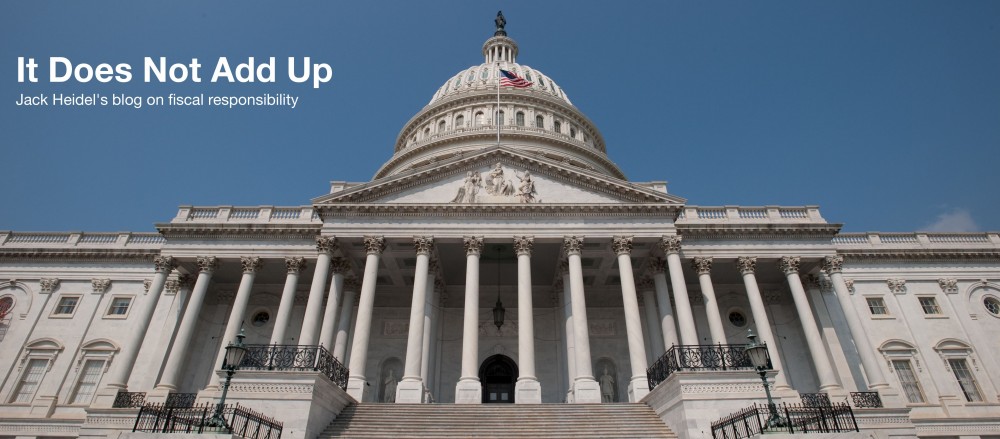Over and over again, on this blog, I discuss the enormous strengths of the U.S., both economically and militarily, compared with the rest of the world. Furthermore, I discuss the importance of maintaining the U.S.-created and led world order that has preserved relative peace and stability ever since the end of WWII. I well understand that we have serious internal problems to address, but mostly express optimism that we can solve them.
Nevertheless, I am highly concerned about the current world situation. As the economist Kevin Warsh points out in a recent WSJ Op-Ed, “the relationship between the U.S. and the rest of the world is more fragile than it’s been in half a century.” American peace and prosperity grew shaky in the late 1970s with runaway inflation and a weakened military posture. In the 1980s, inflation was subdued by the Fed with sky-high interest rates, and an aggressive economic and military buildup by Ronald Reagan led to the collapse of communism and the end of the Cold War.
Now, we again have a world situation somewhat similar to the 1970s. Massive U.S. spending deficits have set off a new round of inflation. The Federal Reserve has raised interest rates but inflation (3.2% in February 2024) is not yet subdued. With our disastrous withdrawal from Afghanistan, Russia’s invasion of Ukraine, war in the Middle East, and China pressing its advantages across the Indo-Pacific, the analyst Walter Mead says (in the WSJ) that “the Biden Administration is losing its ability to prevent hostile powers from picking at the foundations of the American-led world order.”
We have a big challenge ahead of us. We need to rein in our reckless deficit spending, now approaching $2 trillion per year, and, at the same time, reach out more forcefully to our allies and potential allies around the world. As Warsh says, “put plainly, if a country acts as a trusted security partner of the U.S. and treats American businesses and citizens as it treats its own, the U.S. will act reciprocally. If, however, foreign countries disfavor U.S. interests, they won’t gain the precious benefit of American protection or ready access to U.S. technology or markets.”
Conclusion. The U.S. is now in a situation comparable to the late 1970s. We have an inflationary economy and a belligerent world order to address. We must rein in excessive federal spending, deal more forcefully, and effectively, with our autocratic adversaries, and do both at the same time. We need leaders who are up to this huge challenge.
For my Email Newsletter
Follow me on Facebook
Follow me on Twitter


